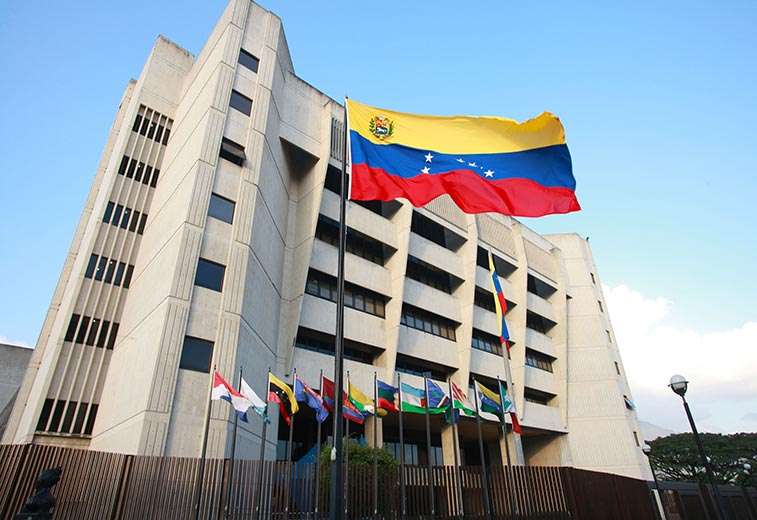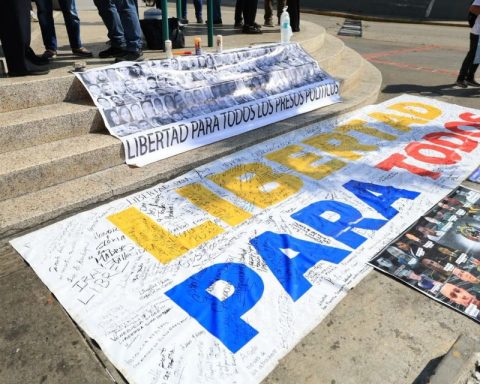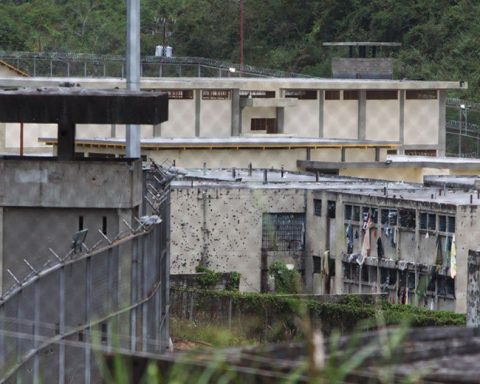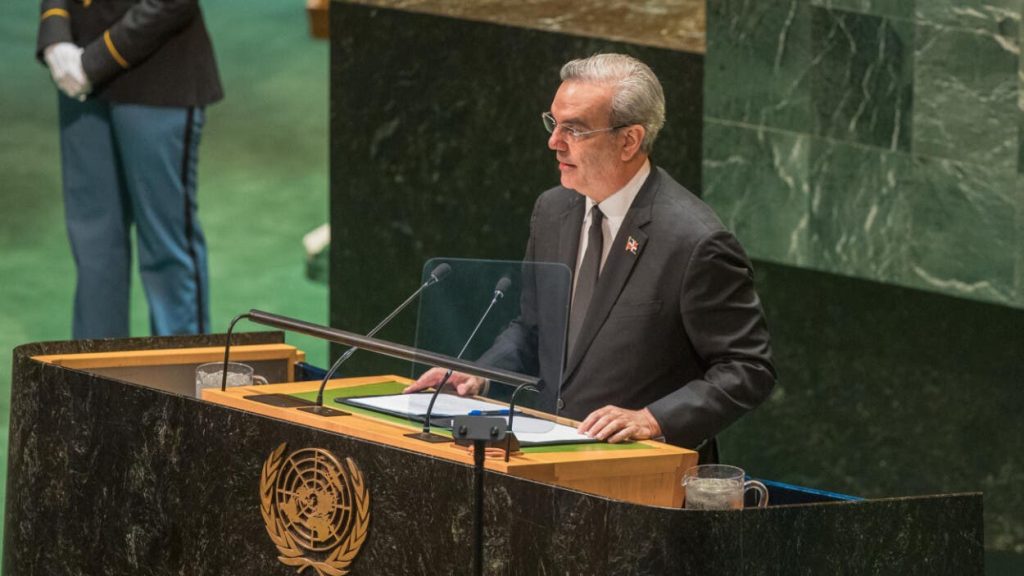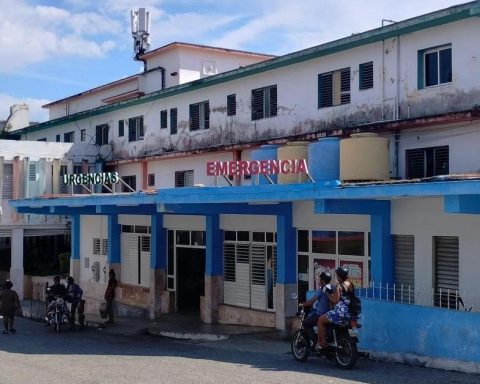The Criminal Chamber of the Supreme Court of Justice has dismissed four appeals seeking to annul the sentences imposed on the same number of people convicted of the murder of a 16-year-old girl.
This decision is reflected in sentence 400 drafted by magistrate Maikel Moreno with the support of his colleagues Elsa Gómez and Carmen Marisela Castro. In this case, the four defendants are identified as Cristian Manuel Delgadillo Contreras, Honeiber Alejandro García Sánchez, Robert Enrique Arias Vielma and José Gregorio Hernández.
The events occurred on the night of January 6, 2020 in Ejido (Mérida). That day, the teenager was going to meet her boyfriend José Gregorio at Cristian’s apartment.
And when they were alone, José Gregorio shot his girlfriend in the head, who collapsed immediately. And when Cristian arrived, they both agreed to put the body in a suitcase. Then, Robert and Honeiber helped get rid of the body, which they took in a car to Puente El Humo, in the Salado Alto sector, Ejido. There they proceeded to douse it with gasoline and set it on fire.
The teenager was apparently still alive. The autopsy revealed death from acute respiratory failure, triggered by edema and severe intraparechymal pulmonary hemorrhage, the verdict says.
Based on these events, José Gregorio, the girl’s boyfriend, was charged with aggravated femicide. While the rest of the group (Cristian, Honeiber and Robert) were charged with femicide as necessary complicity.
For these crimes, prosecutors Manuel Antonio Rosario and Ronnie Osorio Hernández requested that the four accused be brought to trial, a request agreed to by the 1st Court for the Control of Violence against Women in Mérida.
That trial took place between January 26 and November 28, 2022, when the 1st Trial Court for Violence against Women issued a 30-year prison sentence for the teenager’s boyfriend and 26 years for the rest of the accused.
These convictions were ratified on 12/1/23 by the Court of Appeals of Mérida. Therefore, the accused went to the Criminal Court where they filed four complaints in their respective appeals. In one of these complaints, the defendants challenged the presence of certain witnesses during the trial.
The judges found that the complaint did not state “a congruent reason that would allow them to determine whether there were errors in the assessment formula used by the judge or any other circumstance that affects its usefulness and relevance.” Far from pointing to a violation of any particular right, the Court established that the lawyers who challenged the complaint indicated the intention of nullifying the convictions, a request that the judges were prevented from resolving. In light of this argument, the Court dismissed the four appeals and left the convictions imposed on Hernández, Delgadillo, García and Arias intact.
